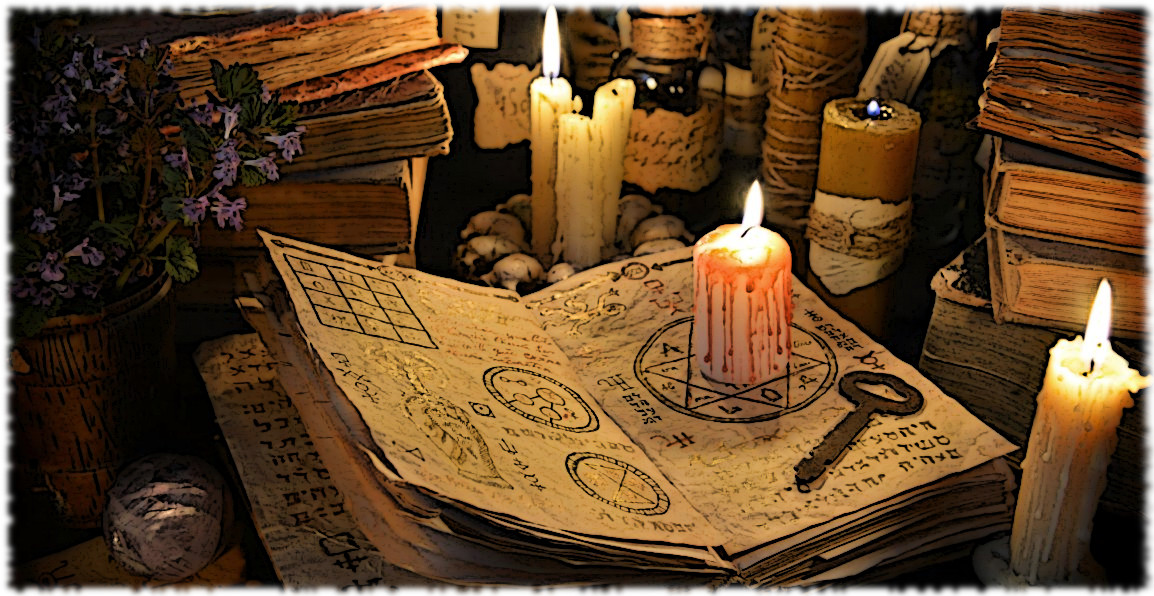Strasbourg Codex: Difference between revisions
Jump to navigation
Jump to search
No edit summary |
|||
| Line 5: | Line 5: | ||
== Appearance == | == Appearance == | ||
The Strasbourg Codex is a traditional medieval codex, defined as being a book constructed of a number of sheets of paper, vellum, papyrus, or similar materials. The term is now usually only used of manuscript books, with hand-written contents, but describes the format that is now near-universal for printed books in the Western world. The book is usually bound by stacking the pages and fixing one edge to a bookbinding, which may just be thicker paper (paperback or softback), or with stiff boards, called a hardback, or in elaborate historical examples a treasure binding. | The Strasbourg Codex is a traditional medieval codex, defined as being a book constructed of a number of sheets of paper, vellum, papyrus, or similar materials. The term is now usually only used of manuscript books, with hand-written contents, but describes the format that is now near-universal for printed books in the Western world. The book is usually bound by stacking the pages and fixing one edge to a bookbinding, which may just be thicker paper (paperback or softback), or with stiff boards, called a hardback, or in elaborate historical examples a treasure binding. | ||
The book | |||
== History == | == History == | ||
Revision as of 16:47, 1 January 2019
Appearance
The Strasbourg Codex is a traditional medieval codex, defined as being a book constructed of a number of sheets of paper, vellum, papyrus, or similar materials. The term is now usually only used of manuscript books, with hand-written contents, but describes the format that is now near-universal for printed books in the Western world. The book is usually bound by stacking the pages and fixing one edge to a bookbinding, which may just be thicker paper (paperback or softback), or with stiff boards, called a hardback, or in elaborate historical examples a treasure binding.
The book
History
Secrets
